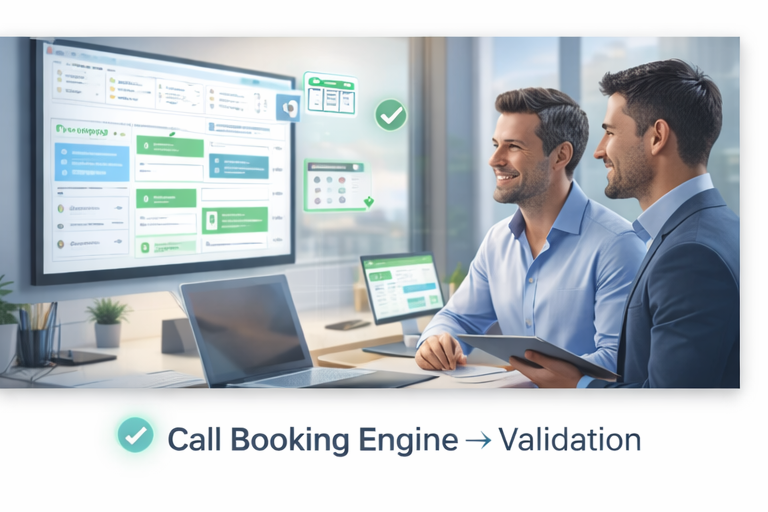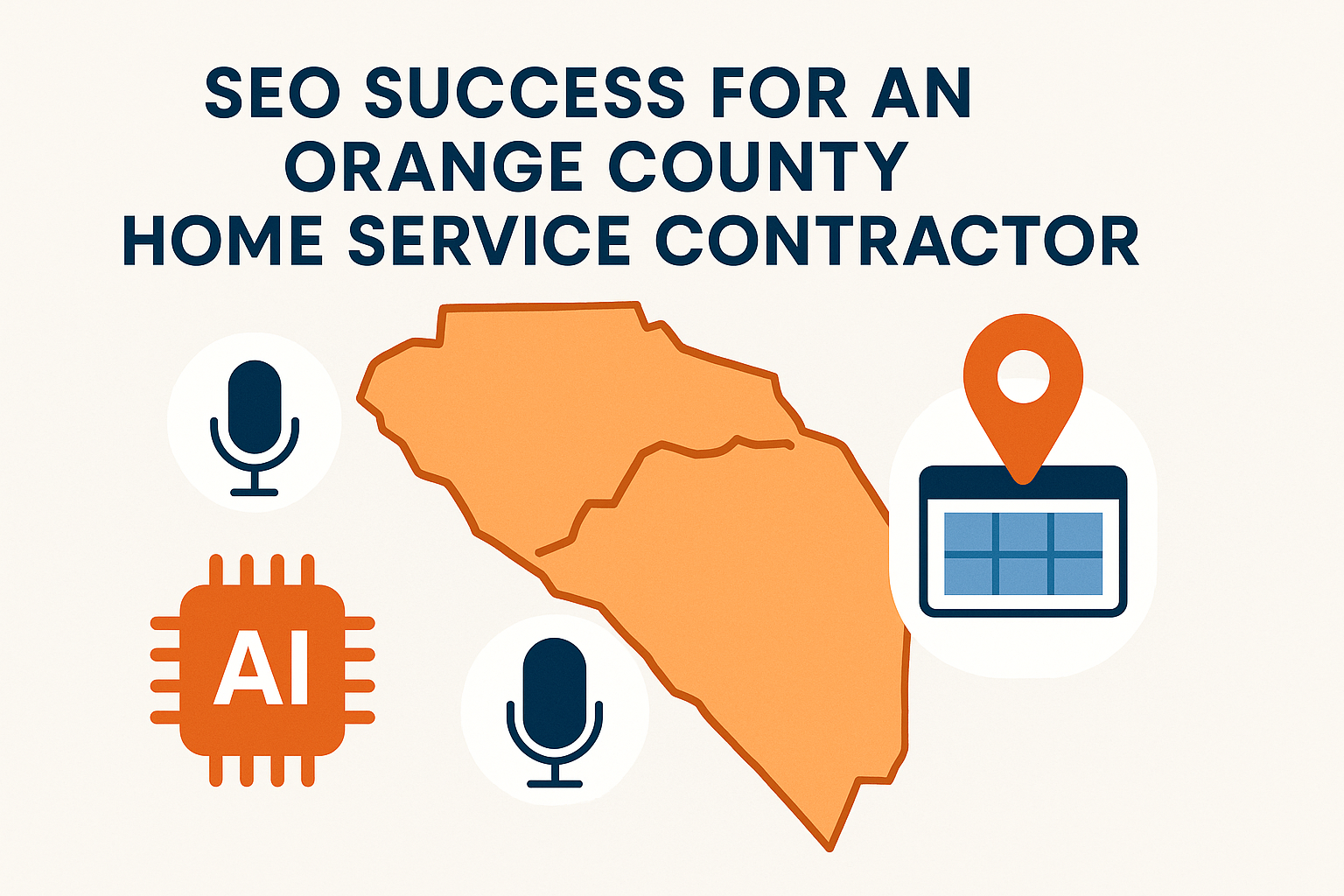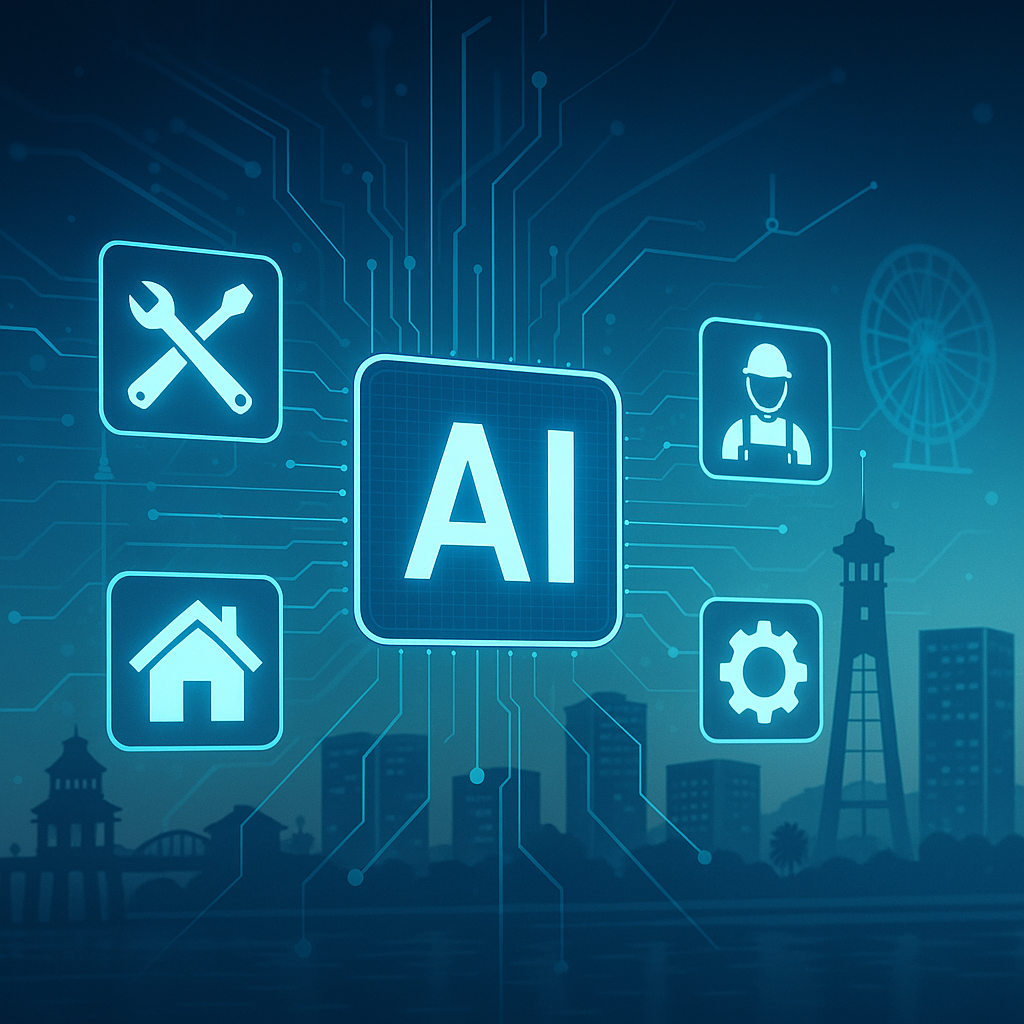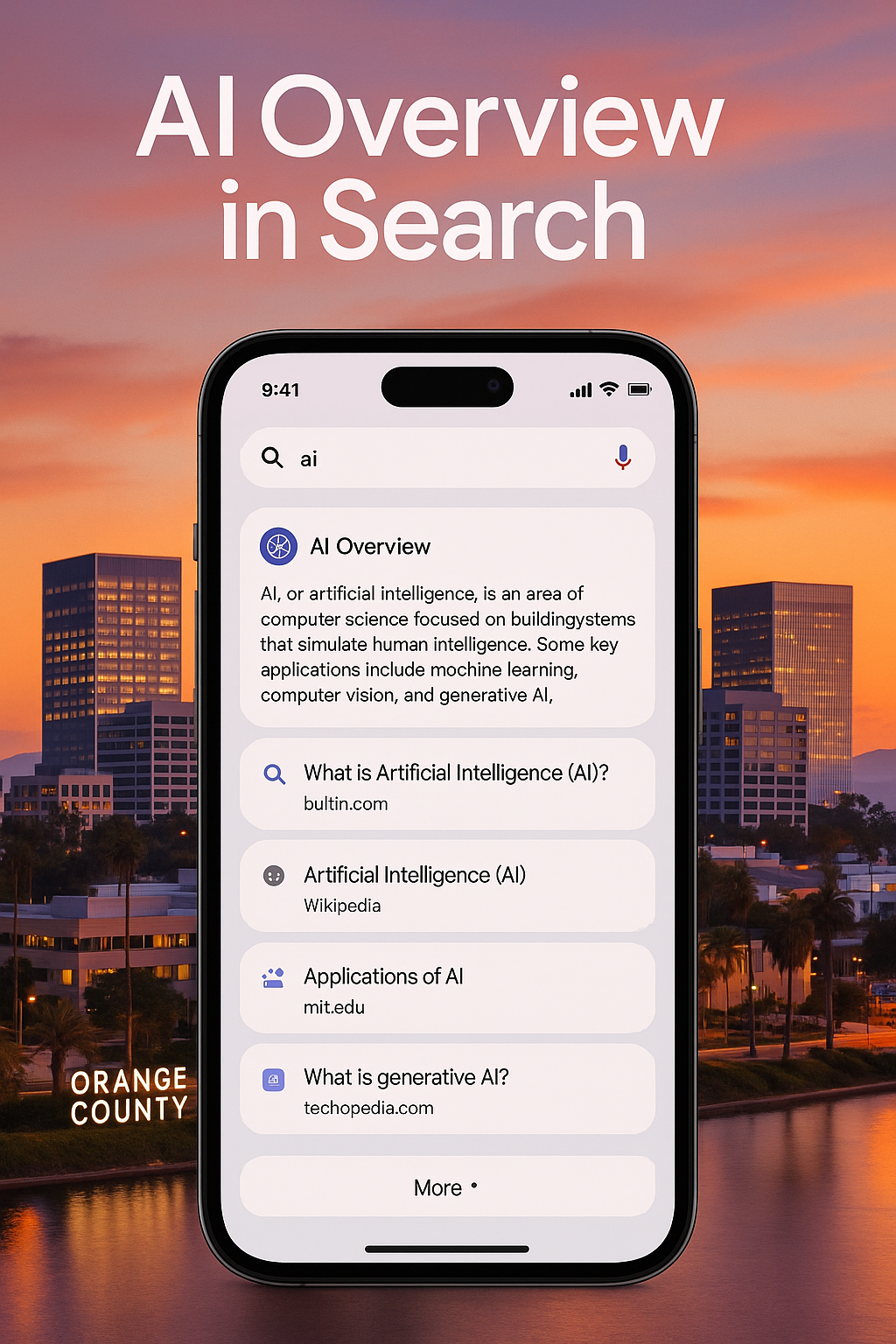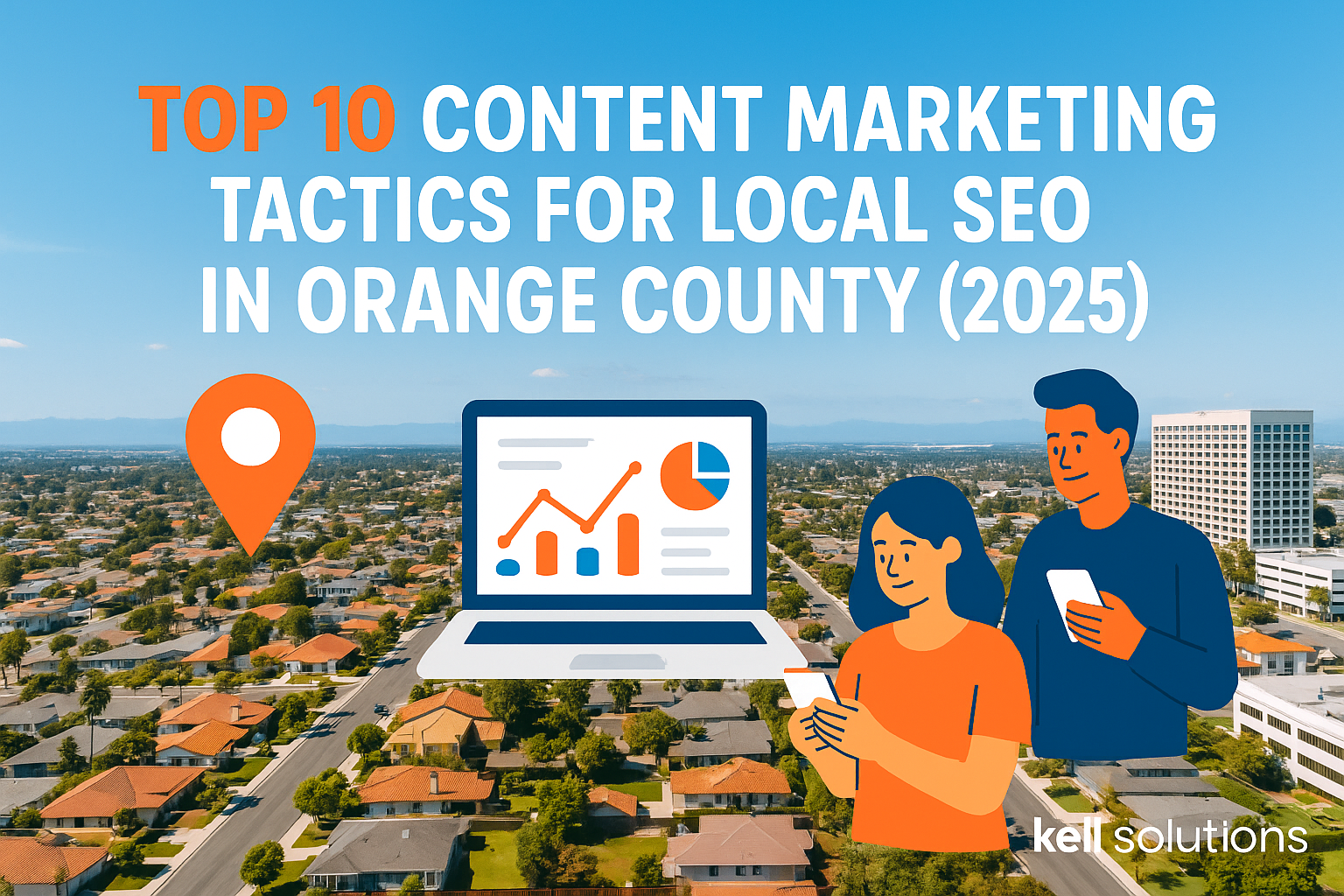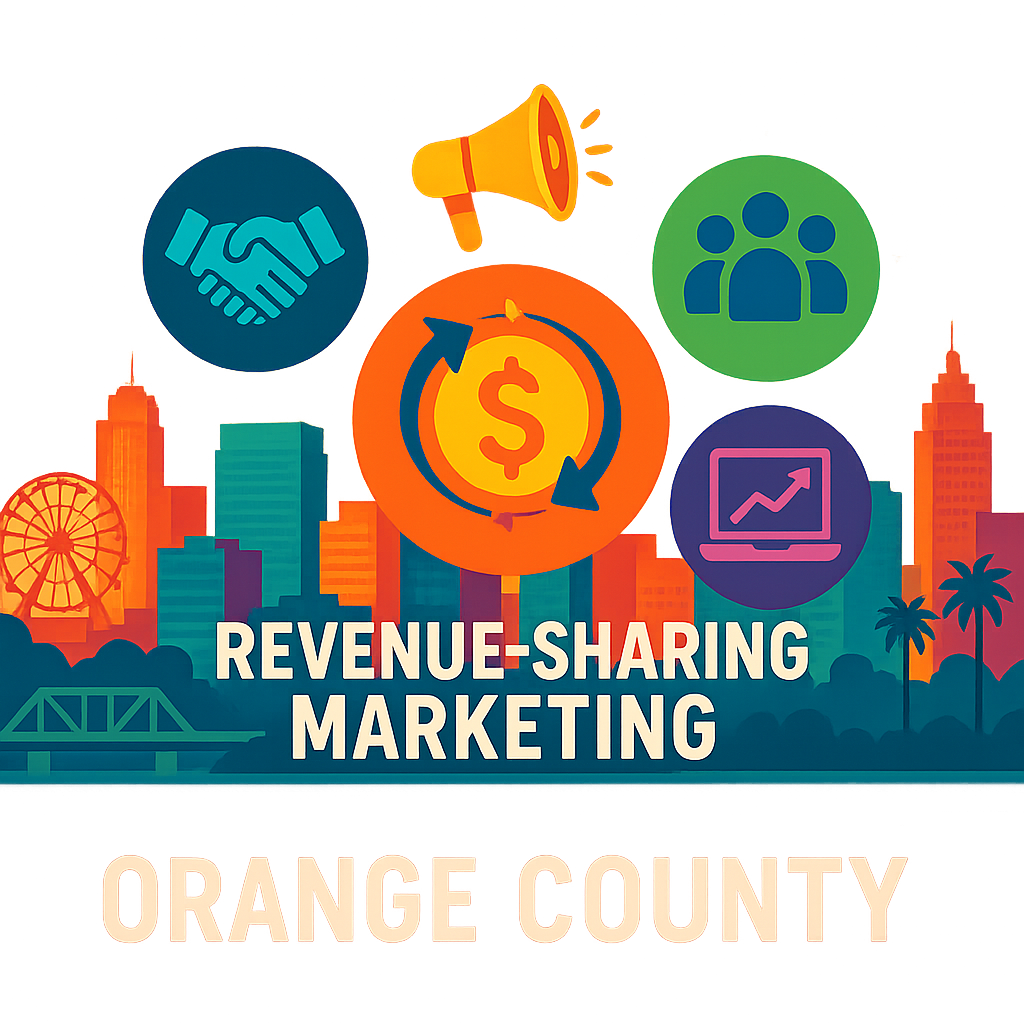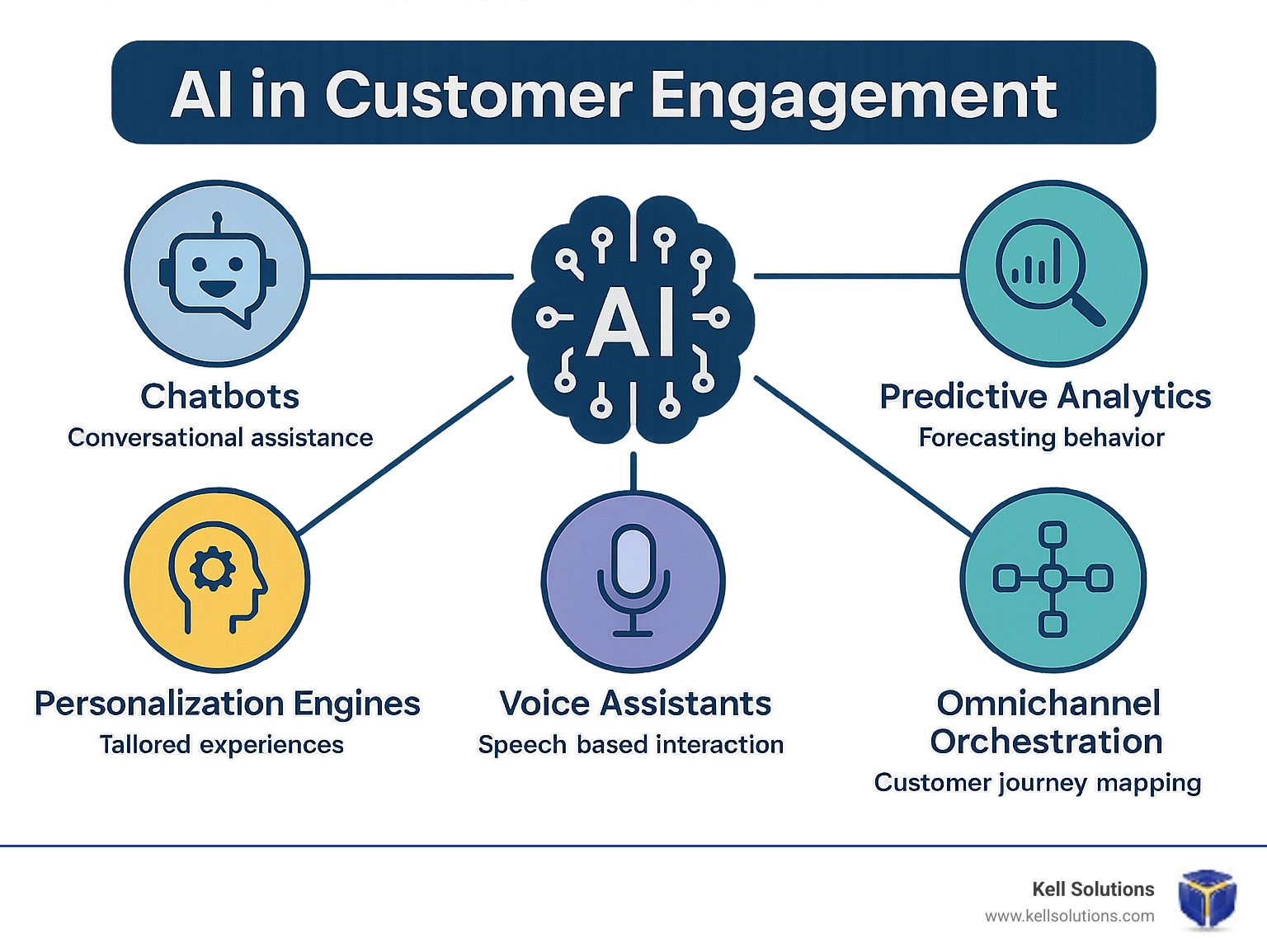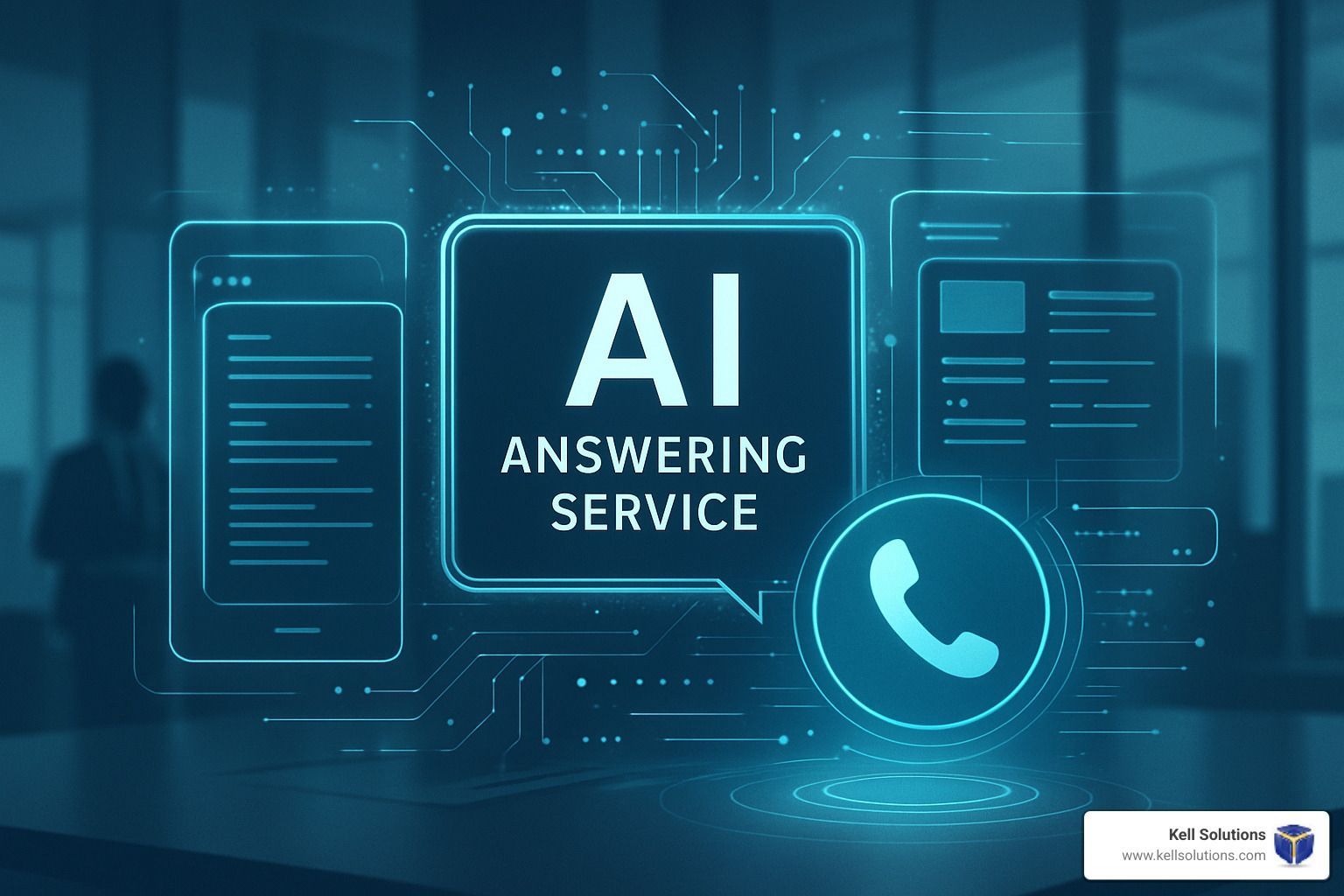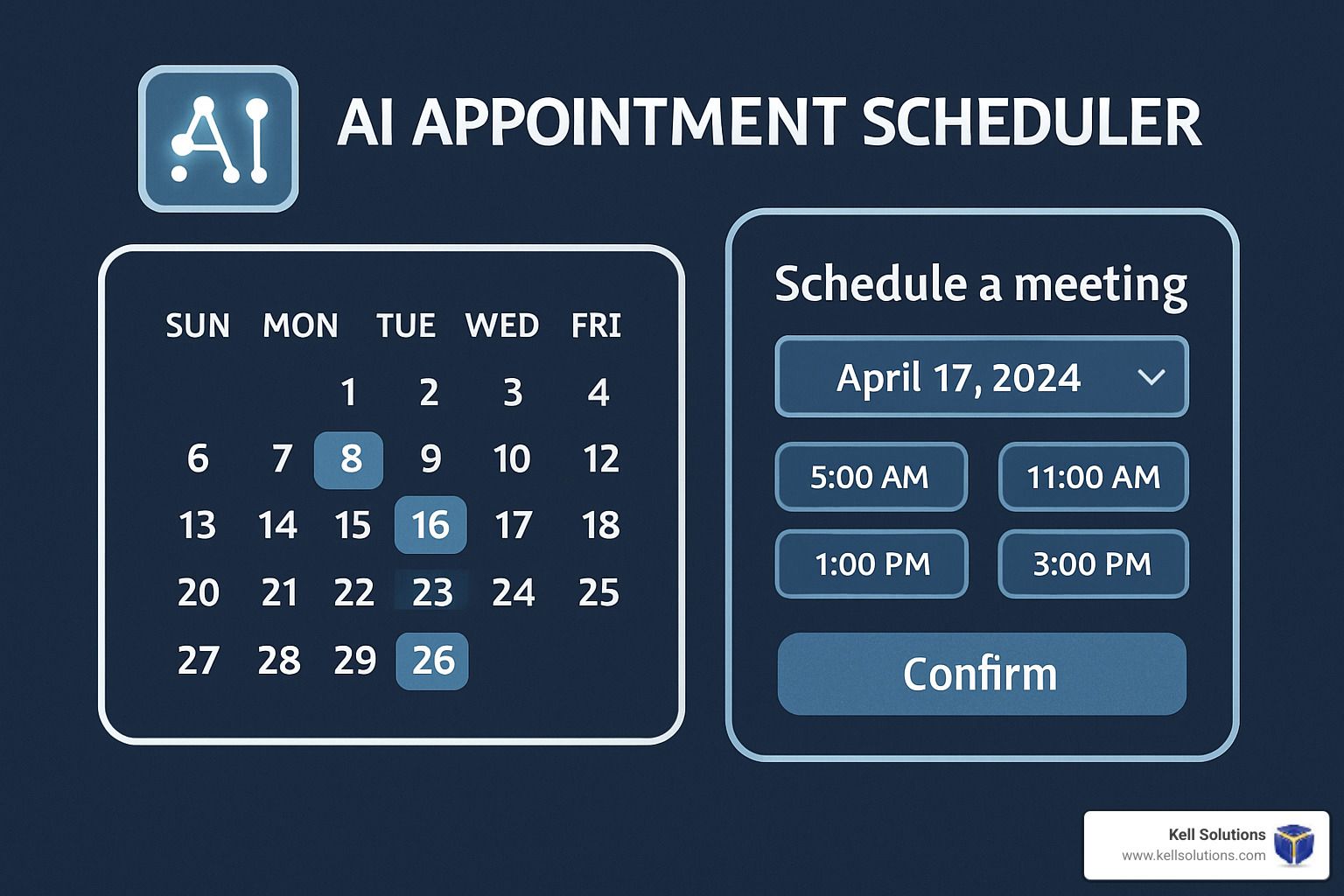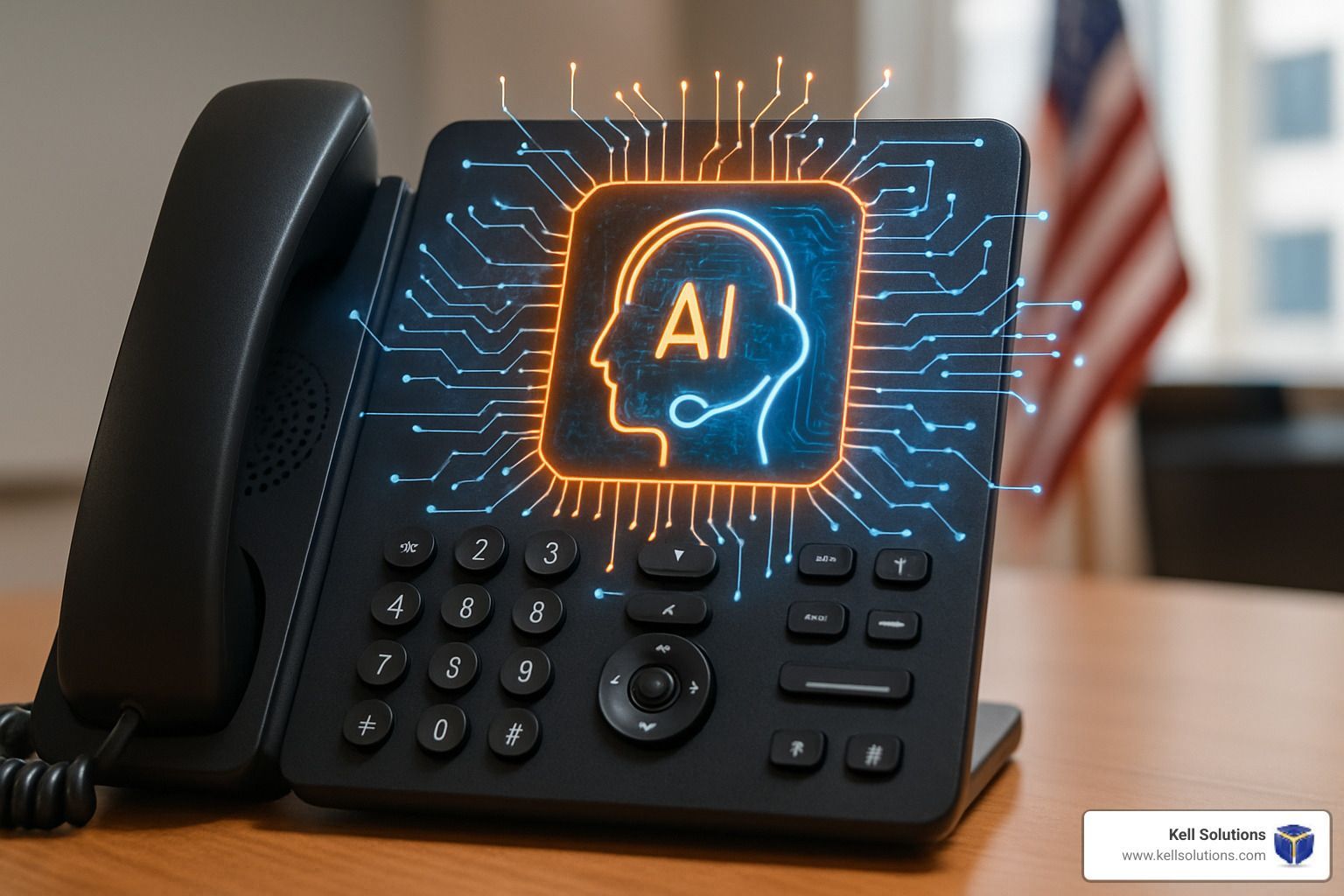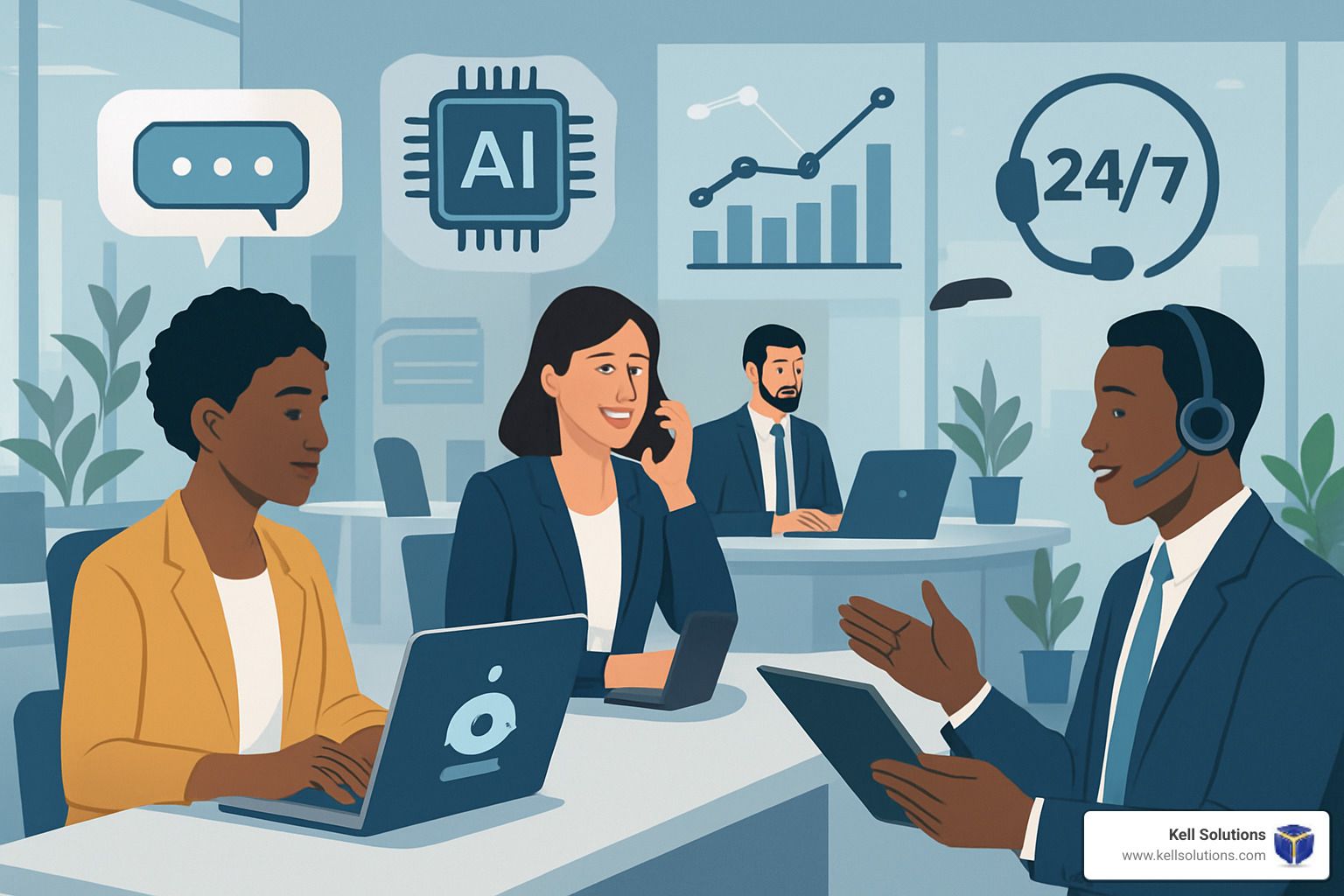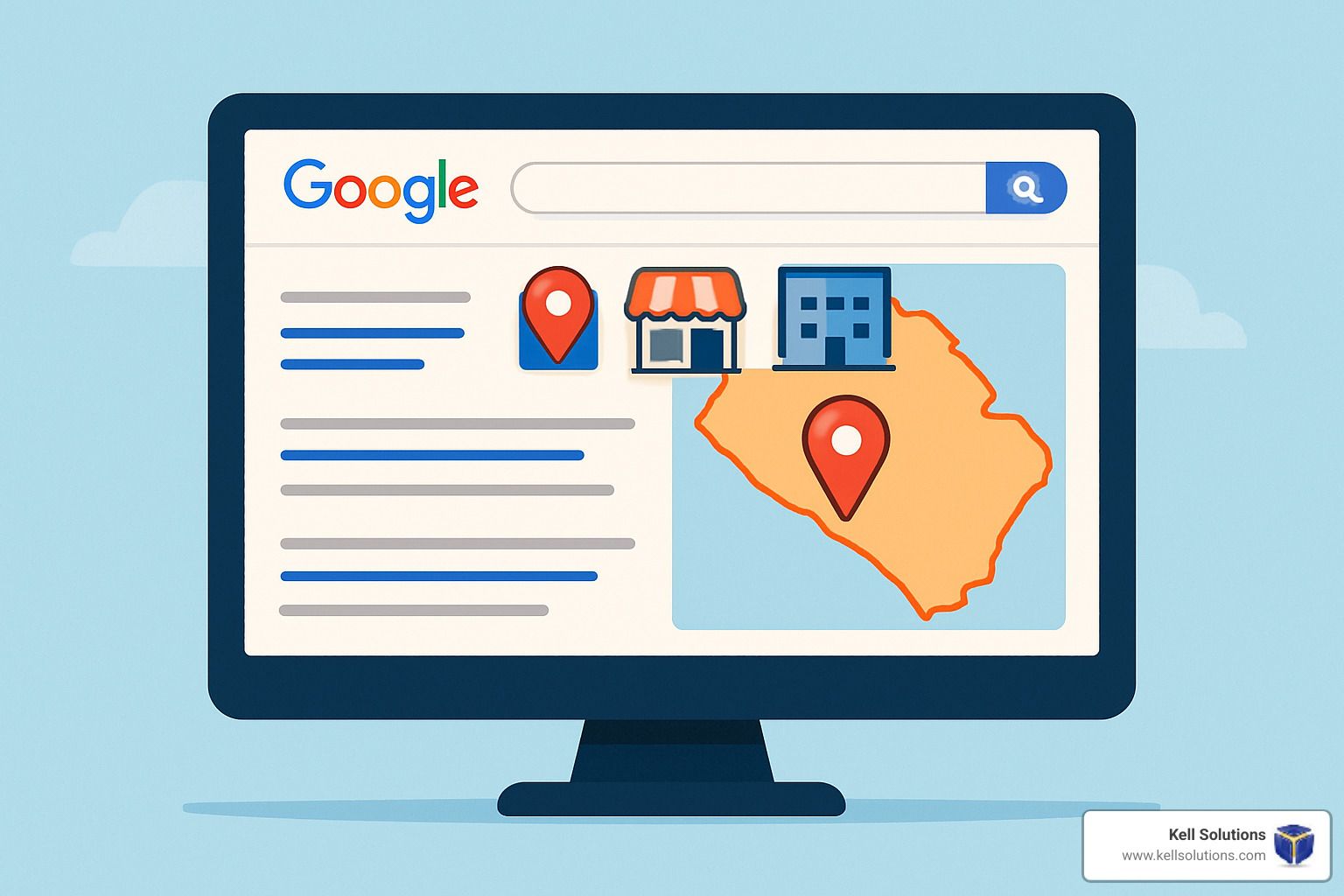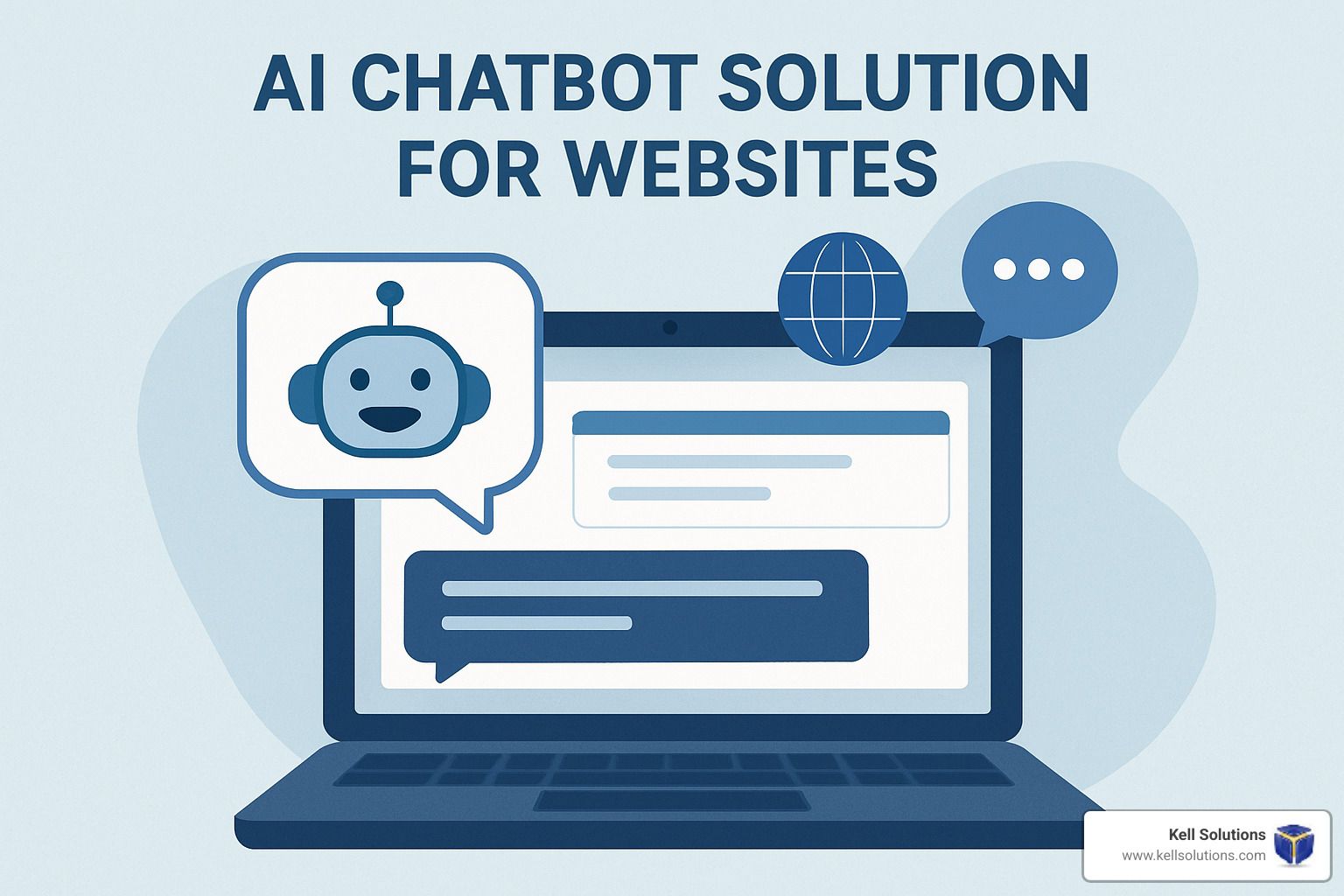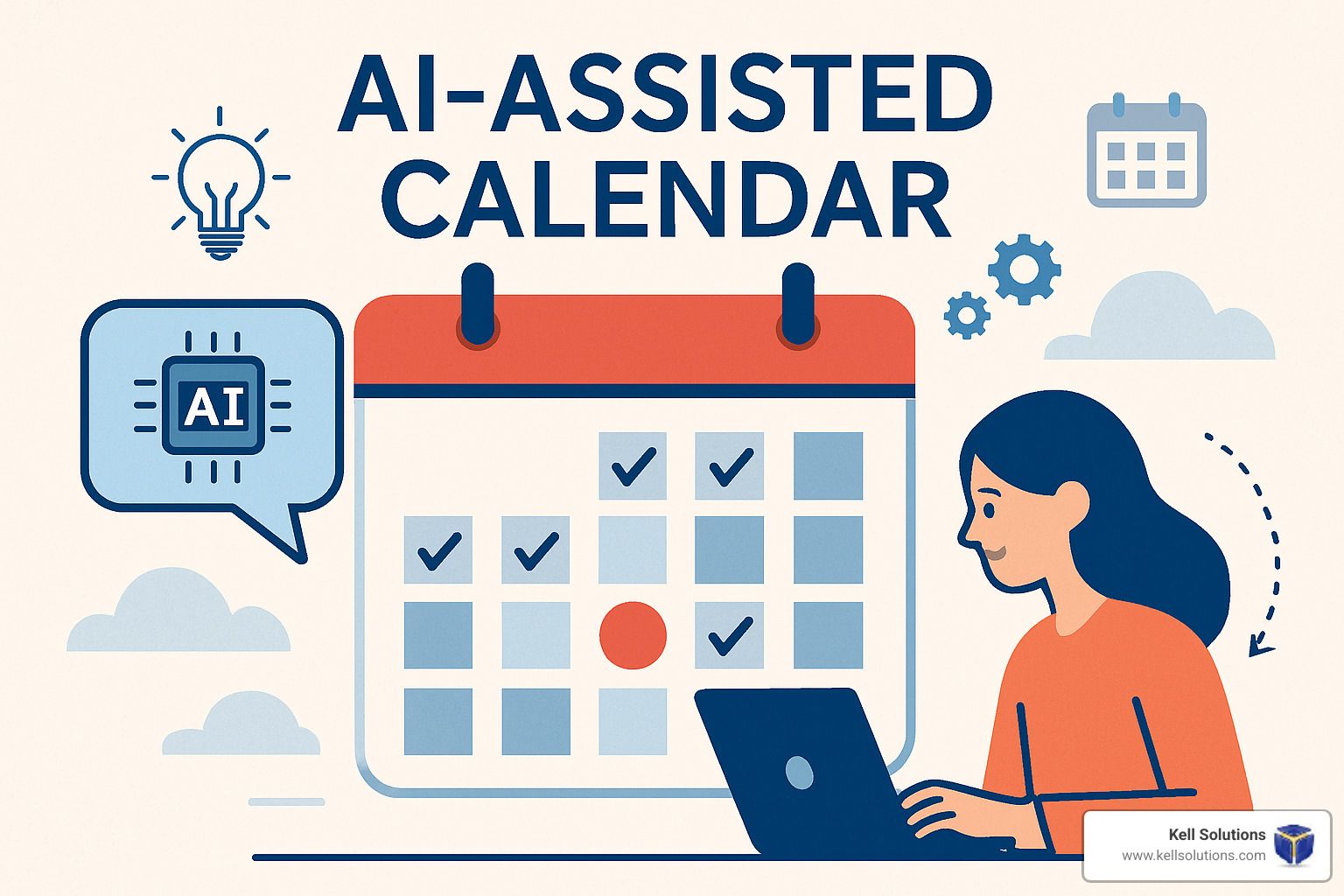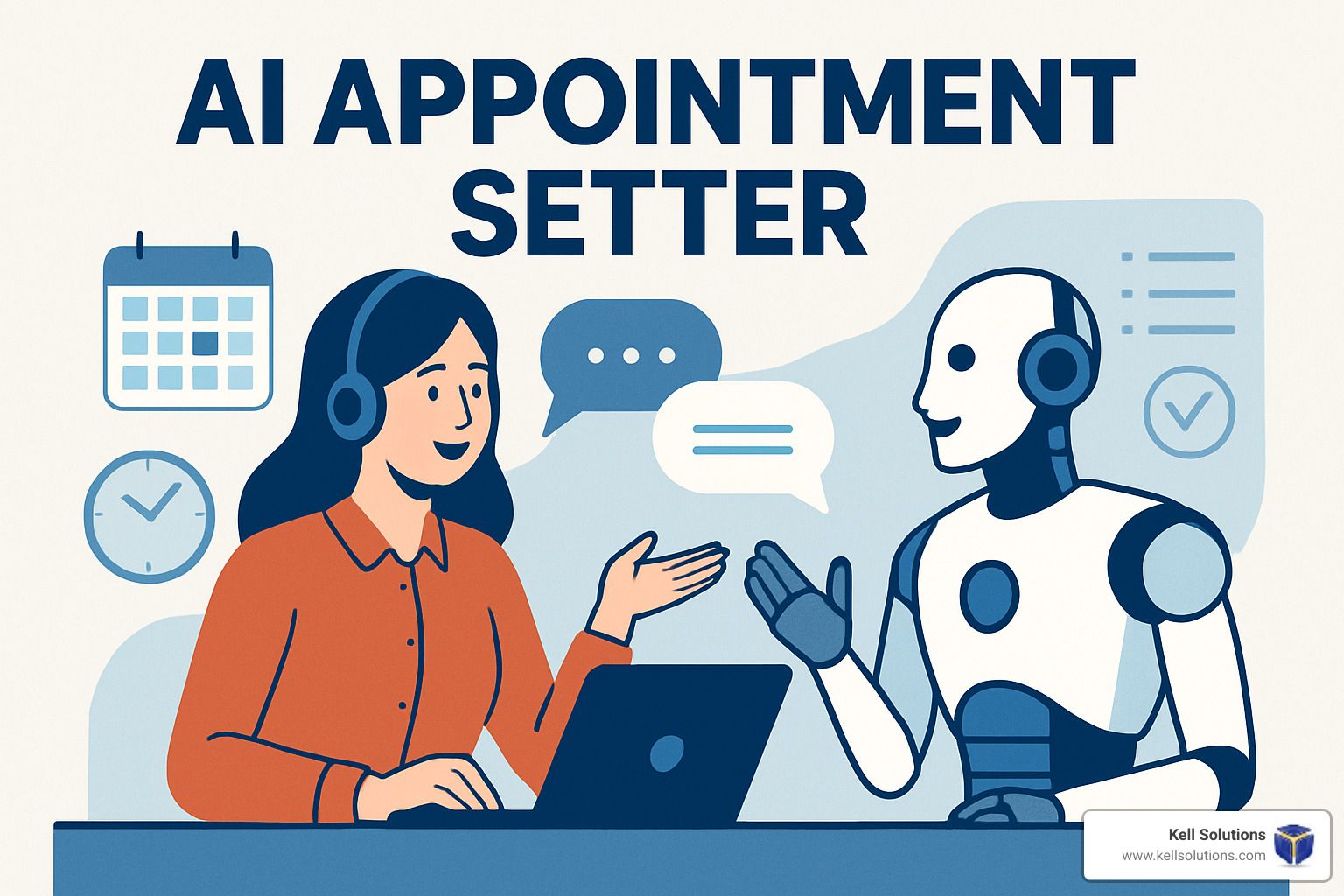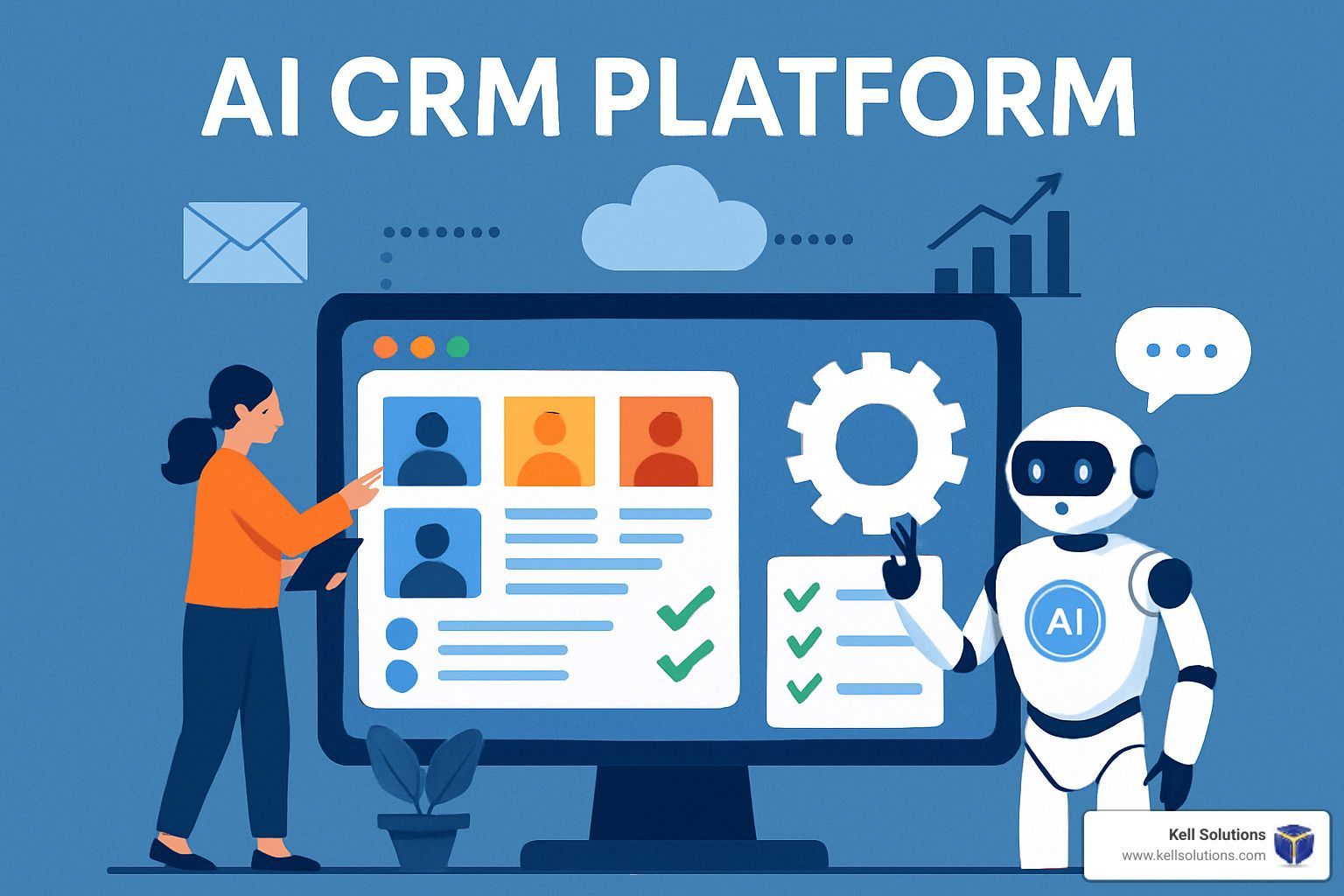Orange County Artificial Intelligence Call Center Solutions: 24/7 Service, Lower Costs & Instant Lead Capture
Why Every Business Needs to Know About Artificial Intelligence Call Centers
An artificial intelligence call center Orange County uses advanced AI—like natural language processing, machine learning, and conversational AI—to automate customer interactions, route calls, and arm human agents with real-time insights. Top OC firms are leveraging these AI platforms to deliver seamless customer support, never miss another lead, and outpace competitors around the clock.
Key Components:
- Virtual agents & chatbots that resolve routine questions 24/7
- Intelligent call routing that matches customers to the right agent instantly
- Real-time analytics & sentiment analysis for better CX
- Automated quality assurance that monitors 100% of interactions
Main Benefits:
- Cost reduction — Up to 60% operational savings for Orange County service businesses
- Always-on — 24/7 customer, lead, and appointment capture—no overtime required
- Speed — AI resolves over 80% of routine requests instantly
- Actionable insights — Real-time data on customer behavior and satisfaction
The 2025 AI call center market is growing at 21.3% annually( MarketsandMarkets Research ), with half of all call centers running an AI strategy—and nearly 90% of customers say chatbots now resolve their issues successfully( Salesforce ). Even small Orange County firms use AI to book appointments, capture leads after hours, and deliver professional, consistent service—without a massive team.
As the founder of Kell Web Solutions in Laguna Beach, I’ve seen our VoiceGenie AI transform small service firms into local lead machines, giving them enterprise-grade capabilities for a fraction of the price.
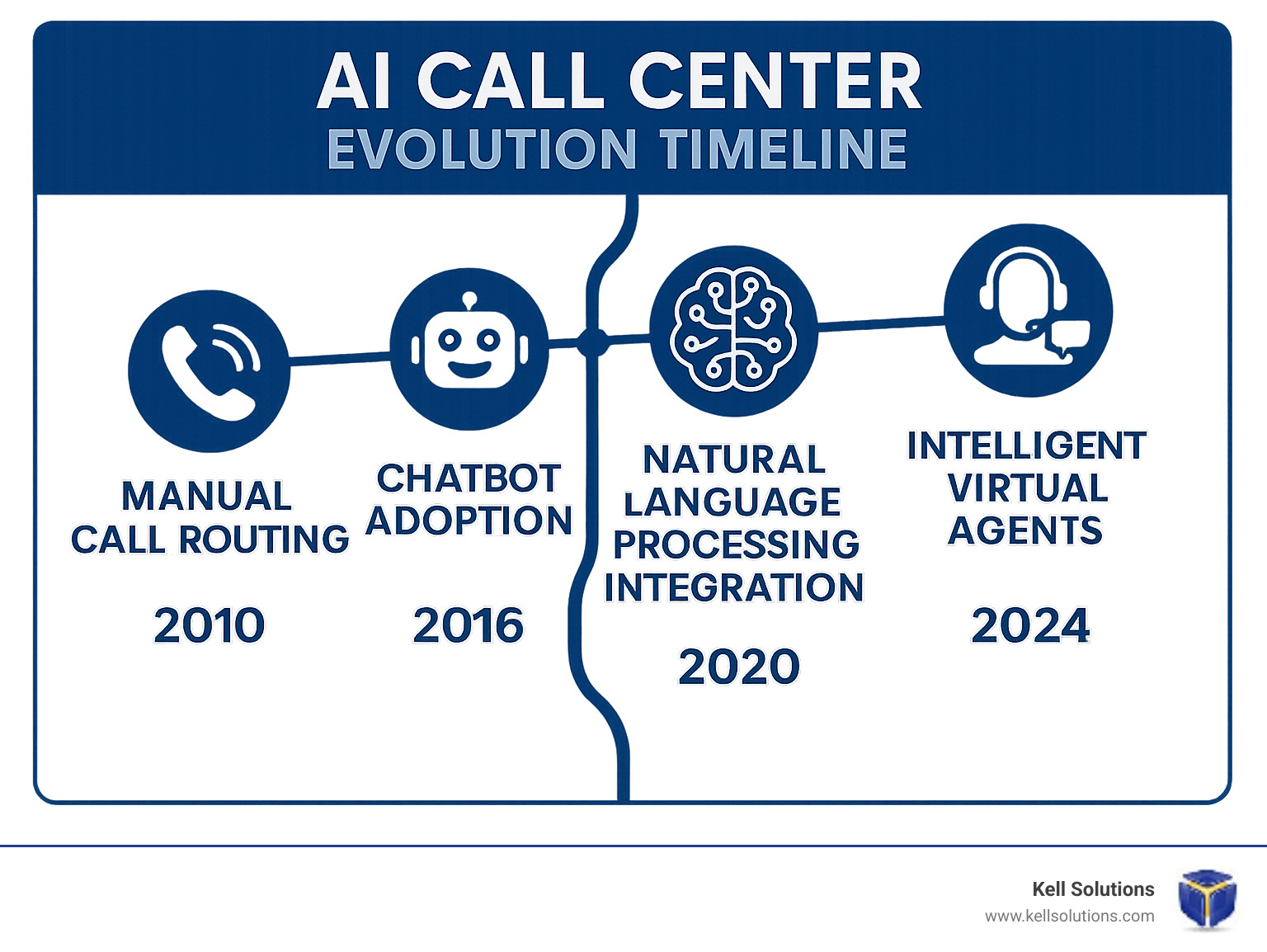
What Is an Artificial Intelligence Call Center?
It’s a customer support operation powered by AI that automates, routes, and analyzes every interaction. Unlike legacy call centers, these modern solutions blend:
- Virtual Agents — Chatbots and voice assistants for natural conversations
- NLP & Machine Learning — Understand not just words, but intent, emotion, and context
- Cloud Infrastructure — Scales seamlessly, no legacy hardware
- 24/7 Coverage — True around-the-clock service on phone, chat, or web
The upshot? Routine calls are resolved instantly, while complex issues get routed to your best human experts. Small business? You can now offer enterprise-level support with a fraction of the team.
Artificial Intelligence Call Center vs. Legacy Contact Center
- Limited hours/queues(legacy) versus 24/7, instant routing(AI)
- High costs/scalability limits(legacy) versus cloud efficiency and near-infinite scale(AI)
- Inconsistent CX(legacy) versus predictable, branded experience(AI—on every channel)
Core Technologies: What’s Under the Hood?
- Speech Recognition & NLU — Handles accents, background noise, and extracts intent ( IBM: What is NLP? )
- Large Language Models — Human-like conversation, personalized recommendations
- Sentiment Analysis — Flags unhappy customers for agent intervention
- Predictive Analytics — Boosts first-call resolution and identifies churn/upsell opportunities
Orange County firms can start with call capture or appointment scheduling and expand to omnichannel, agent coaching, and proactive nurture. For details, see our Voice AI for Call Centers guide.
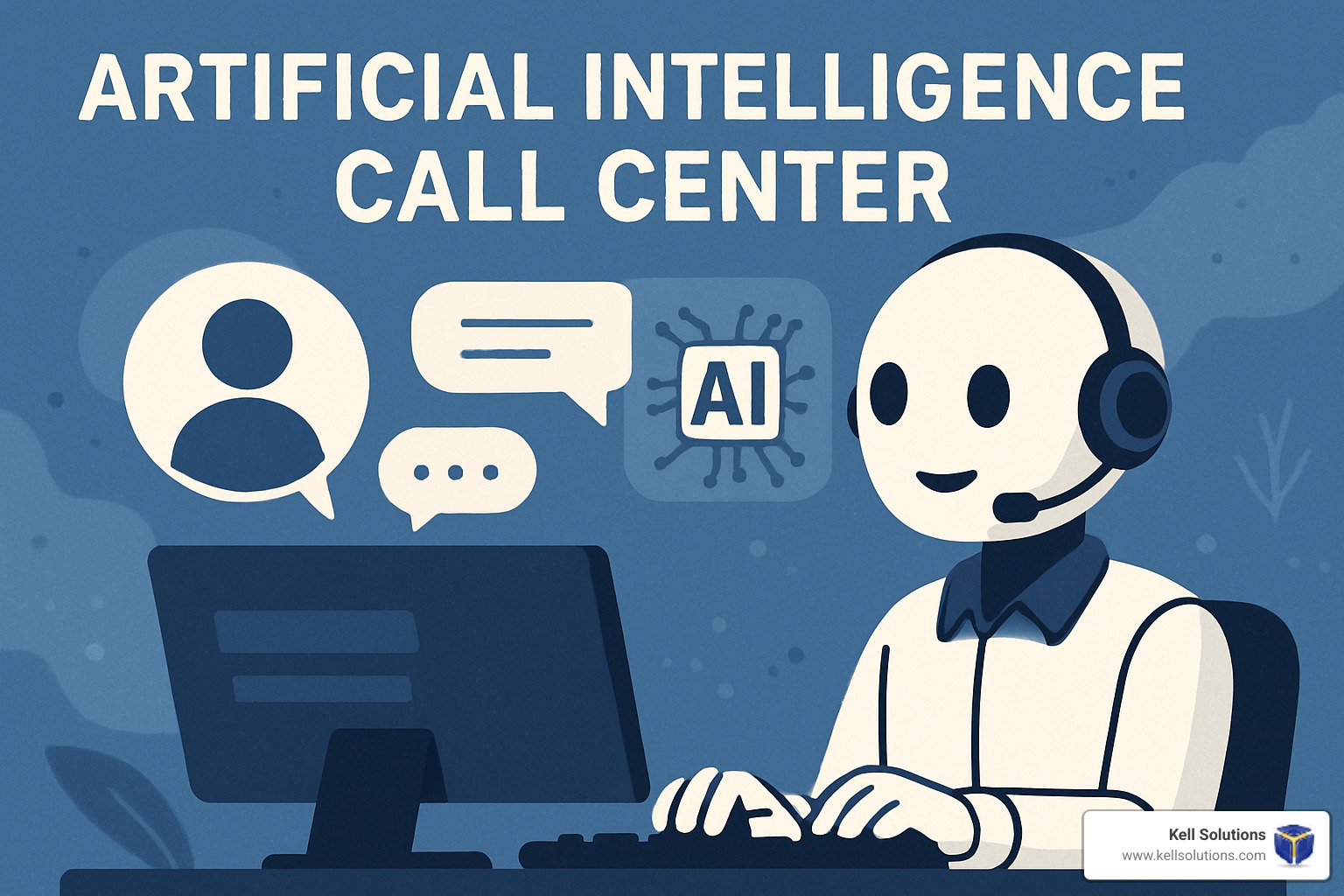
Key Benefits for Orange County Customers, Agents, and Your Bottom Line
- For customers: No more hold times, instant answers, personalized conversations, 24/7 service
- For agents: Focus on tough cases, real-time AI coaching, reduce burnout, consistent training
- For business: Up to 60% operational savings, automatic compliance, never miss a lead, easy scale
TXU Energy saw their CSAT jump 11% and call containment rise by 18% after going AI ( Harvard Business Review ). Most Orange County businesses see similar gains—often within the first quarter.
Faster Call Routing, Shorter Waits, Self-Service
- AI IVR lets callers say “I want to pay my bill” — no button pressing
- Smart routing considers history, agent expertise, and urgency
- 60–80% call deflection for routine requests—freeing staff for VIP and escalations
Agent Augmentation, Not Replacement
- AI coaches agents in real time, suggests answers, and logs call notes
- Agents focus on custom solutions—AI does the triage, follow-up, and summaries
Learn more about AI Customer Support Agent solutions.
How to Succeed: Orange County AI Call Center Implementation
- Start small: Tackle after-hours call capture, appointment booking, or FAQ, then expand
- Pick KPIs that matter: Call containment, CSAT, first-call resolution, cost per call, and after-hours lead capture
- Prioritize security & compliance: Advanced encryption, audit logs, strict access controls
- Data-driven rollout: Baseline, pilot, refine, expand—most OC firms see ROI in under 6 months
See our AI Call Center Setup Guide .
Common Pitfalls & Solutions
- AI “hallucinations”? — use validated knowledge bases & agent escalation ( Google Cloud AI )
- Legacy integrations? — use APIs, middleware, and a phased approach
- Security worries? — bank-level encryption, strict controls, periodic audits ( ISO/IEC 27001 )
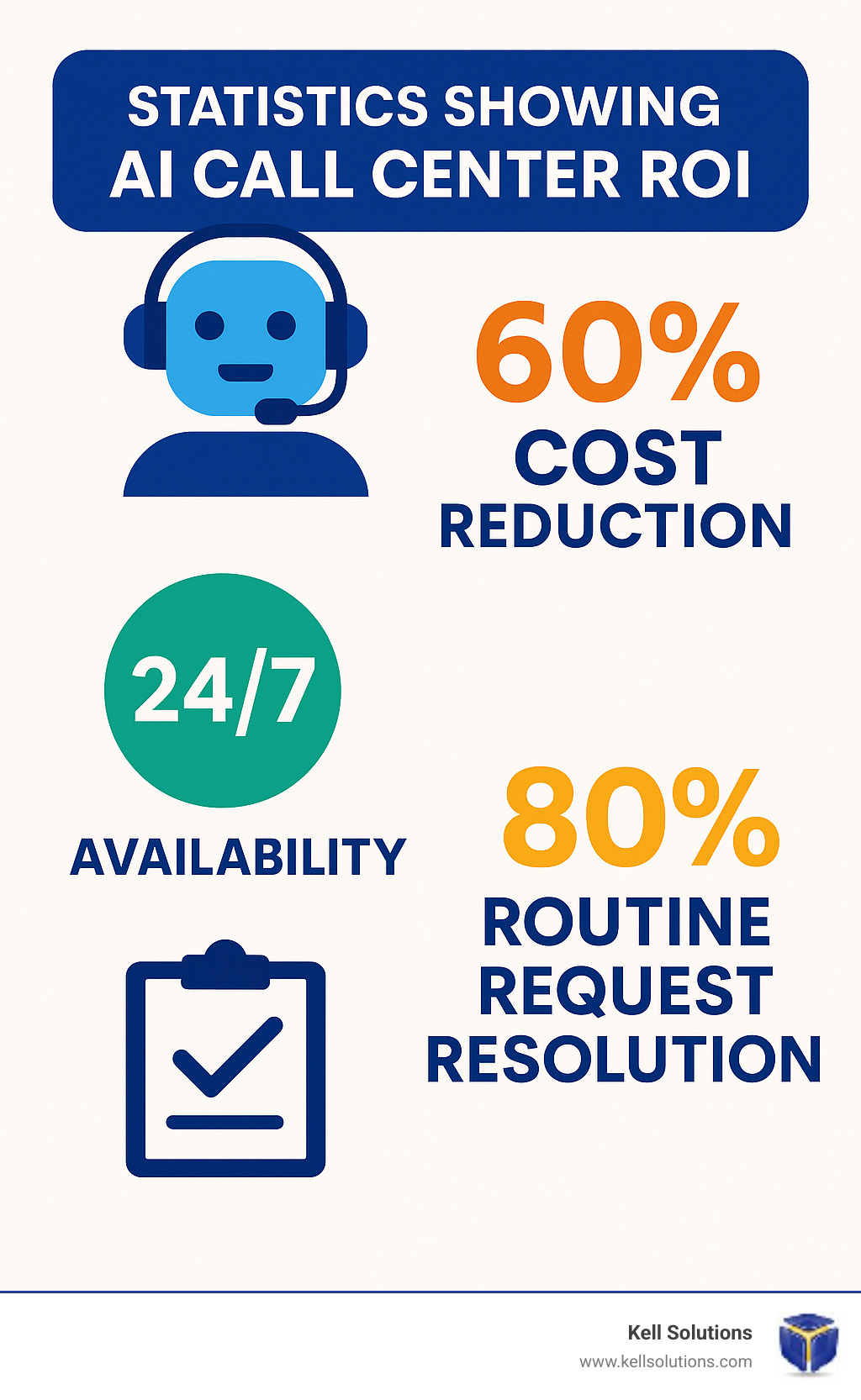
Orange County Success Stories & The Future
- Healthcare practice: Maintained 96% CSAT and resolved 99% of routine calls via AI ( Forbes Tech Council )
- Energy company: 18% more call containment, 11% higher CSAT, reduced costs
- Local services & tech: Up to $39M ROI, 55% call deflection, and 2-minute reduction in handle time
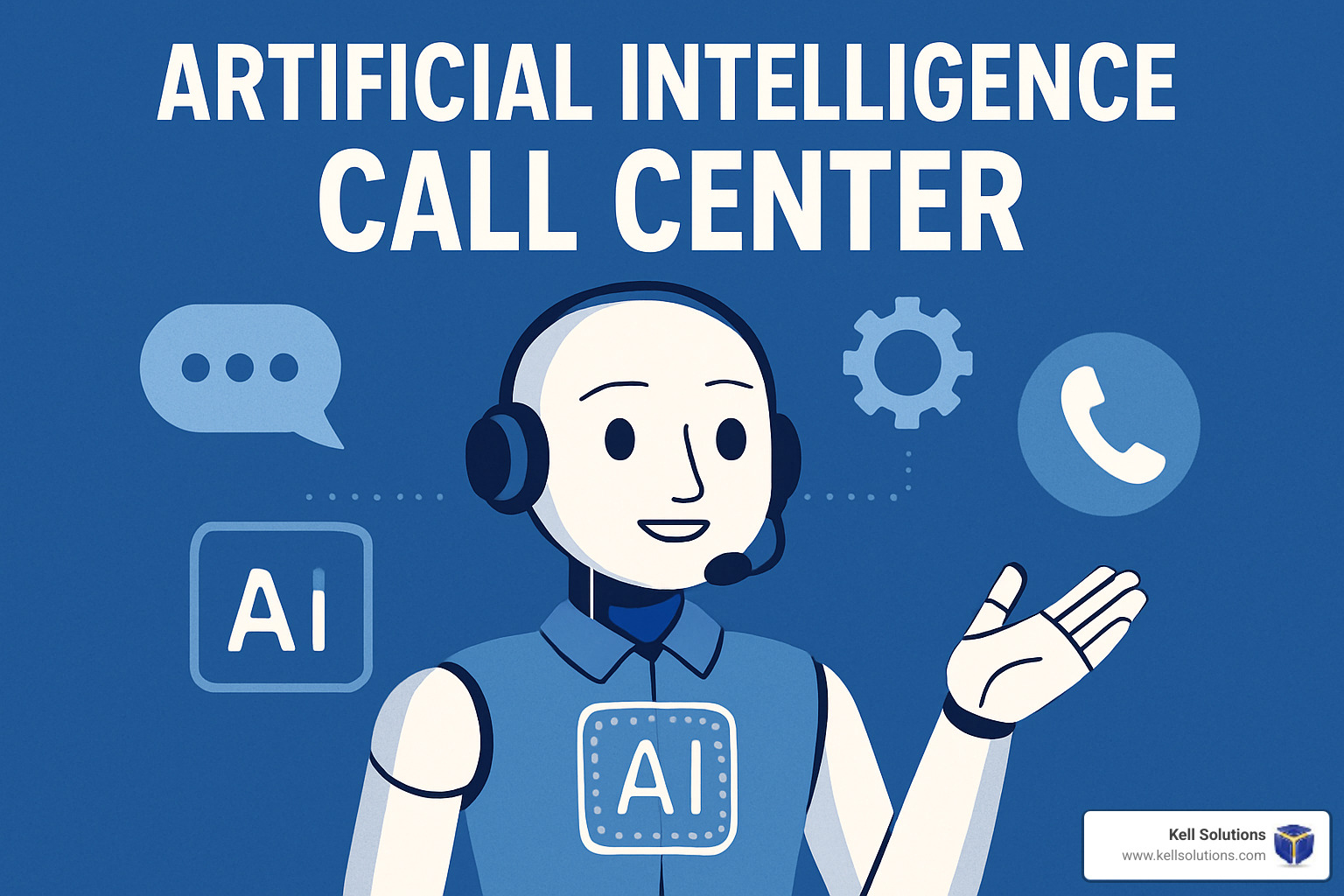
Artificial Intelligence Call Center FAQs for Orange County
How does AI impact local jobs?
AI lifts your OC team from repetitive tasks to high-value roles. McKinsey research shows most jobs evolve, not disappear, with AI augmentation.
What KPIs show AI ROI?
- CSAT (AI and agent)
- Call containment (60–80%+ for common tasks)
- Cost per call reduction
- After-hours lead capture & appointment bookings
Is AI secure?
Yes—modern systems use end-to-end encryption, with compliance to HIPAA, SOC 2, GDPR, and ISO/IEC 27001.
How fast can I launch?
Pilot an AI call capture module for missed calls or appointment-setting in under 30 days. Full conversion may take a quarter for phased rollouts.
Conclusion
Artificial intelligence call center Orange County platforms are the new normal for firms that want to win every customer interaction, lower costs, and drive 5-star reviews. The opportunity is now—question is, will you lead or lag?
Request your VoiceGenie AI Demo to see how AI-powered customer service can help your OC business capture more leads and delight every caller—24/7.
Related Resources:
- Voice AI for Call Centers
- AI Customer Support Agent
- AI Call Center Setup Guide
- AI for Call Centers ROI & Best Practices
Gregg Kell is a Laguna Beach digital marketing strategist helping Orange County businesses implement artificial intelligence call center solutions for lead capture, client retention, and staff productivity.
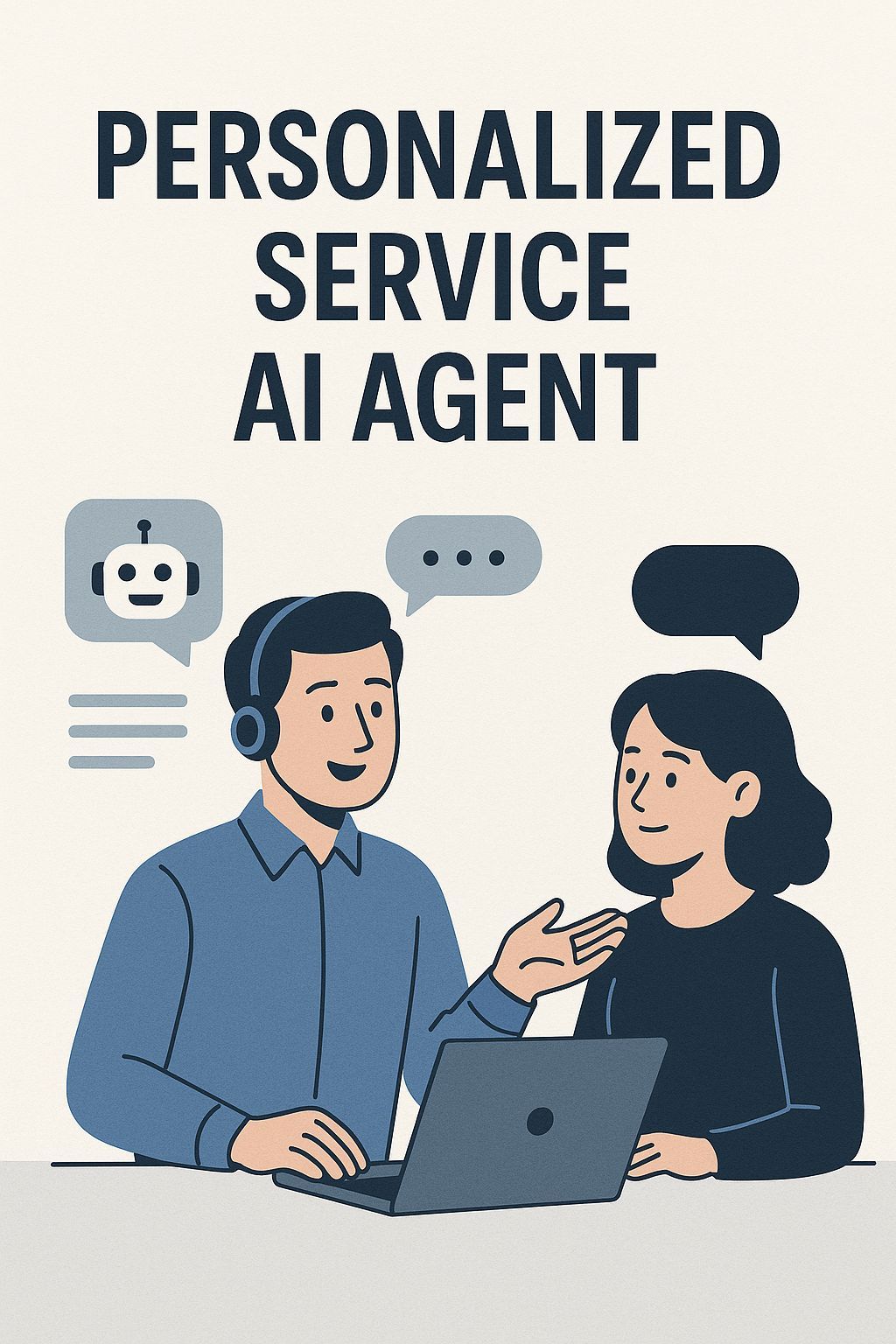

Orange County HVAC Google AI Overview Domination: 7 Proven Strategies to Capture Featured AI Results




